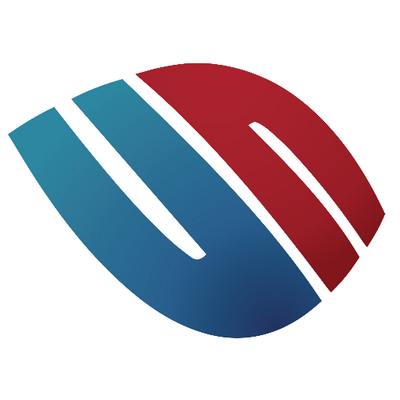
Why you need personality diversity in the workplace
When it comes to task delegation and division of labour, you’ve probably heard the cliché, “two heads are better than one” more times than you care to count. According to McKinsey, gender-diverse and ethnic-diverse companies are more likely to yield profits than their counterparts. But does diversity end at gender and ethnicity?
Beyond gender and ethnicity is personality diversity, which requires learning about the differences in personalities of the people you work with. Workplace success requires a combination of a wide range of personality types that complement each other. This diversity of personalities means you can align strengths and weaknesses in the workplace to achieve your business goals.
This article will discuss why you specifically need personality diversity in the workplace.
Allows for varied perspectives
As a business owner, welcoming a mix of personalities in the workplace allows you to hear diverse opinions on a matter. This is quite useful in problem-solving. Think of it this way: rather than solving a problem using your existing knowledge, you draw ideas from different points of view.
Letting people share their diverse opinions gives you a fresh perspective on a particular matter, leading to better decisions.
Here’s an example. If you were looking to expand your production quota, you’d think getting more people on board is the best possible solution.
But analytical people on the team might tell you why hiring more people isn’t ideal at the time. They’d say it could cost you money, or that the new workers' learning curve might not match the cost-benefit ratio. Contrastingly, risk-takers might tell you to do two things — get new workers and equipment. They might tell you this might be more challenging at first but could have long term benefits.
Weighing these varied perspectives, especially from a profit and loss angle, you can make a decision that benefits the company as a whole.
Ensures Efficient Division of Tasks
Business owners with an appreciation for personality diversity are better informed at assigning tasks. When you identify each team member's strengths based on their personality and how they tackle tasks, you can delegate these efficiently.
If a team member is great at building relationships or talking to people, for instance, assign them customer-facing duties. However, you may want to let them handle desk roles if they’re more of an introvert.
When you follow this strategy, you don’t just ensure your employees are happy because they’re doing what they love doing (extroverts love people, and so they’d love to talk to customers. Introverts, meanwhile, love to be left on their own, so a desk job is something that will appeal to them). You also ensure they complete their tasks quickly and efficiently. They’ll also produce better results.
Leads to Better Collaboration
A team of the same background will most likely have the same mindset and ideas. These people will all more likely work on the same things, leaving other aspects of the workflow untouched. When they all work on the same thing, they might end up bickering over what they think is the best for that specific aspect of the project.
But with diverse personal values, experiences and backgrounds, your workforce is better equipped to collaborate efficiently.
Let me illustrate.
A person with a creative personality will have strength in ideation. Another with a sales personality, meanwhile, will have strength in execution because they can persuade people to move toward a common goal.
When working in the same team, these people will most likely focus on these individual strengths (the creative person on generation of ideas and the other on execution). That delineation helps prevent any clashes due to differences in ideas in the same field. With better collaboration, you ultimately end up with high-quality output delivered on time.
The relationship between personality traits like these creates a collaborative, agile, responsive environment that enhances productivity and business growth.
Brings Balance to the Team
Balancing team strengths is essential, especially when hiring new employees. You can follow all the steps on how to start a business, but one hiring mistake and all your efforts go down the drain.
Ensure you hire people with a wider range of personalities to help manage your business. If your business boasts only of similar personality types, you may miss essential skill sets.
A good example is hiring only one of these personality types: risk-averse or risk-tolerant people.
When you hire risk-averse people, they’ll avoid new challenges or tackling difficult tasks. By contrast, risk-tolerant people would likely defy these challenges and suggest new ideas to drive growth.
That said, hiring only one of these personality types will stifle balance in the workplace and, by extension, decrease productivity. Aim for a balance of strengths and weaknesses during the hiring process so that you end up with people with diverse behavioural tendencies who complement each other.
In Closing
Personality diversity is critical to the workplace. You’ve learned why you need personality diversity from this article.
Personality diversity helps bring in varied perspectives to the team. It also helps ensure an efficient division of tasks and leads to better collaboration. Finally, personality diversity helps bring a balance to the team.
Ultimately, the key is to understand that people are different and that they have their own ways of contributing to the organisation. You can determine these behavioural tendencies by sending out personality questionnaires when hiring.
When you take the time to learn these personalities, you become aware of the most efficient ways to work with people. The result? Happy employees who love what they’re doing and a happy employer who loves the work results.


